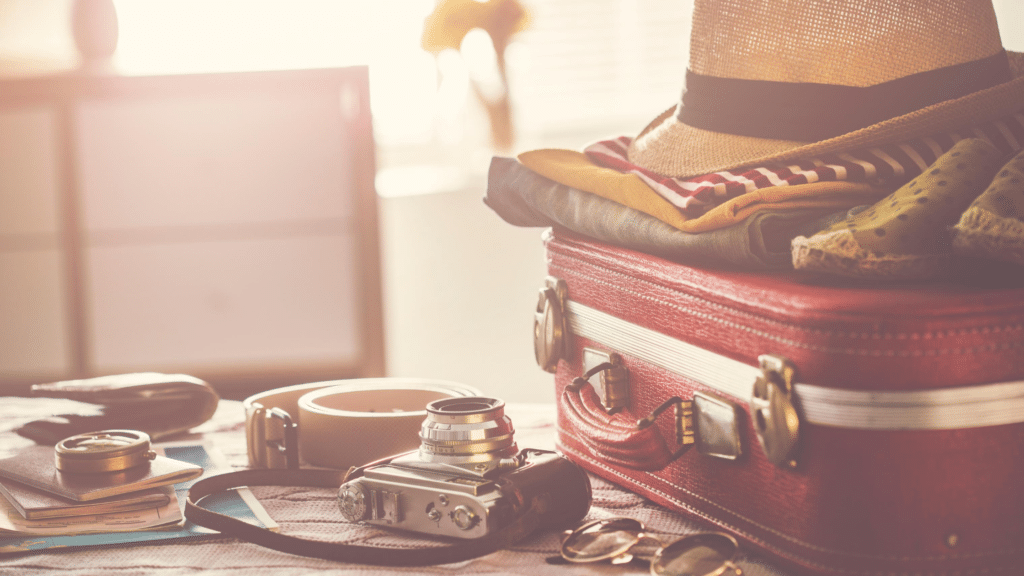
Movie producers spend quite a lot of money producing a product that hopes to recover its budget and make money. The filming equipment that is required for these productions can be expensive, fragile, and difficult to travel with. Use the five tips below to ensure that your filming equipment can travel safely. You should also work with your film crew to arrange travel for your equipment because you need people you can trust who will take care of all this gear.
1. Do Not Pack Too Much
Sam Haskell knows that film production equipment is expensive and often fragile. When you have a lot of sensitive equipment to use, you should not pack everything into one case. Spend the extra money and time to spread out all your gear.
When your equipment is packed too tight, you might damage these items when the bags are jostled. You might accidentally break something when shoving everything in the bag. Movie and TV producers should have experts on their staff that can teach everyone how to pack and manage their equipment.
2. Make Sure You Use Hard Cases
Sam Haskell knows that movie productions can be rigorous include a lot of wear and tear on the equipment. Movie and TV producers should order and reuse hard cases for all their equipment. Even if you shoot in California, you might allow someone to drive gear to the set. They need to drive over bumpy roads, and the gear will be moved around a lot once the project begins.
These hard cases can protect your gear in a car, truck, or plane. Plus, these cases can be reused every time you start a new production even if the gear is rented. You should clearly mark all your cases with the name of the production company, and you can put luggage tags on all the cases to show what they are for.
3. Leave Someone With All Your Gear
When you are sending equipment to your production locations, you should send a production staffer with your filming equipment. When you are shipping equipment to your locations, you should not assume that it will get there if you use a parcel service.
You may have rented this equipment, and it needs to be returned in good condition. If you have bought this equipment, you need to protect your investment. You can trust certain people on your team with your gear, or you can carry it yourself.
4. Make Sure You Are Cleared With Custom For International Productions
When you are traveling to international locations, you need to make sure that you can get through customs. You need to check the rules for each country that you will enter, and you should have your customs forms filled out before you get to each country. You should also pack your gear so that it can be easily opened and inspected. If you do not do a good job of preparing for customs, the customs officers that you meet could damage your equipment.
You also need to be prepared to pay certain customs fees when you arrive in countries around the world. You can travel in and out of countries with your gear for no fee, but you never know what a foreign country will ask you to pay. build these fees into the budget so that you are not losing money.
5. Send A Truck If You Can
When you are filming in locations that are accessible via car or truck, you should send the gear with a dedicated driver. You can rent a truck, have a trusted member of your team drive the gear to that location, and they can take care of the truck at the location. The driver can check the gear during a long drive to the location, and they can make sure that it is secured inside the truck.
Your driver can drive all the gear back to the rental company. At the same time, you can protect the gear that you have purchased by assigning it to someone that you trust. Movie producers might also rent special gear that is extremely expensive for only a scene or two. Assign someone on your team to the truck, ask them to pick up the equipment, care for it, and return it.
You Can Produce Your Movie And Keep Your Equipment In Great Condition
You can produce any movie or TV show and protect your filming equipment using the tips that you see below. There are several pieces of equipment you might rent or purchase, and you need to understand how to travel with these items. Do not pack your bags too tight. Use hard cases to protect your equipment and assign someone from your team to look after your equipment so that you know it is safe.